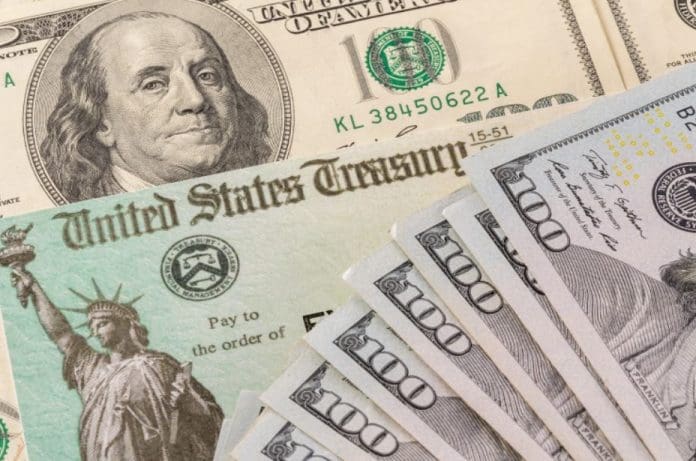More stimulus check money could be coming your way if you live in certain states. But the federal government isn’t likely to authorize another round of stimulus checks in the near future.
State-issued payments are typically smaller than the ones Congress approved in 2020 and 2021. For those struggling to cover the high cost of food, gas, and utilities, any help may be welcome. But some experts fear that stimulus payments will drive consumer demand even higher and further increase inflation.
How Effective Were The Stimulus Checks?
Stimulus checks, which were designed as advance tax credits, were largely effective in helping consumers cover essential expenses during Covid shutdowns.
Those who received a payment told the Bureau of Labor Statistics that their top uses for the money included food (66%), rent (28%), and mortgage payments (23%).
A few features helped make the relief effect, including the fact that earned income was not required in order to qualify and the tax credits were refundable, meaning they didn’t just reduce your tax bill, but could also be refunded to you.
“[The] Treasury and IRS got a lot of money out the door to eligible individuals very quickly,” says James R. McTigue, Jr., director of tax policy and administration at the U.S. Government Accountability Office (GAO). The GAO issues regular reports on the federal response to COVID-19.
But there were challenges in distributing payments. Some of the most financially burdened people were least likely to receive a check, including 12 million people who weren’t required to file their taxes and did not automatically receive the CARES Act stimulus payment.
“We found that underserved communities such as nonfilers, first-time filers, unbanked/underbanked, mixed immigrant status families, those with limited internet access, and those experiencing homelessness were likely to experience difficulties with receiving timely payments,” McTeague says.






